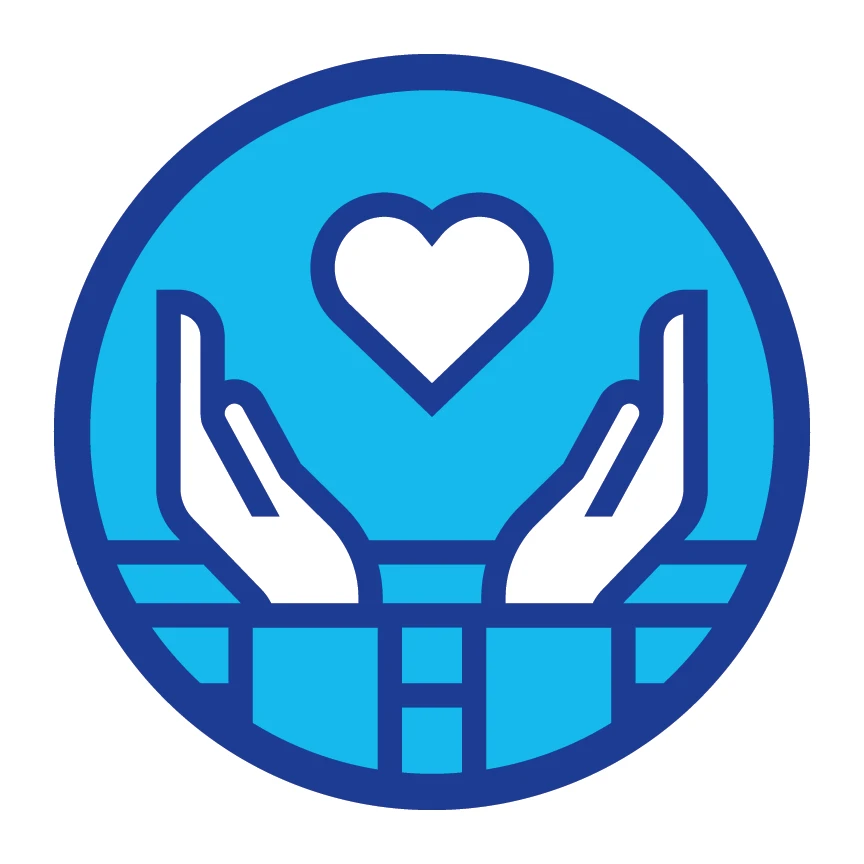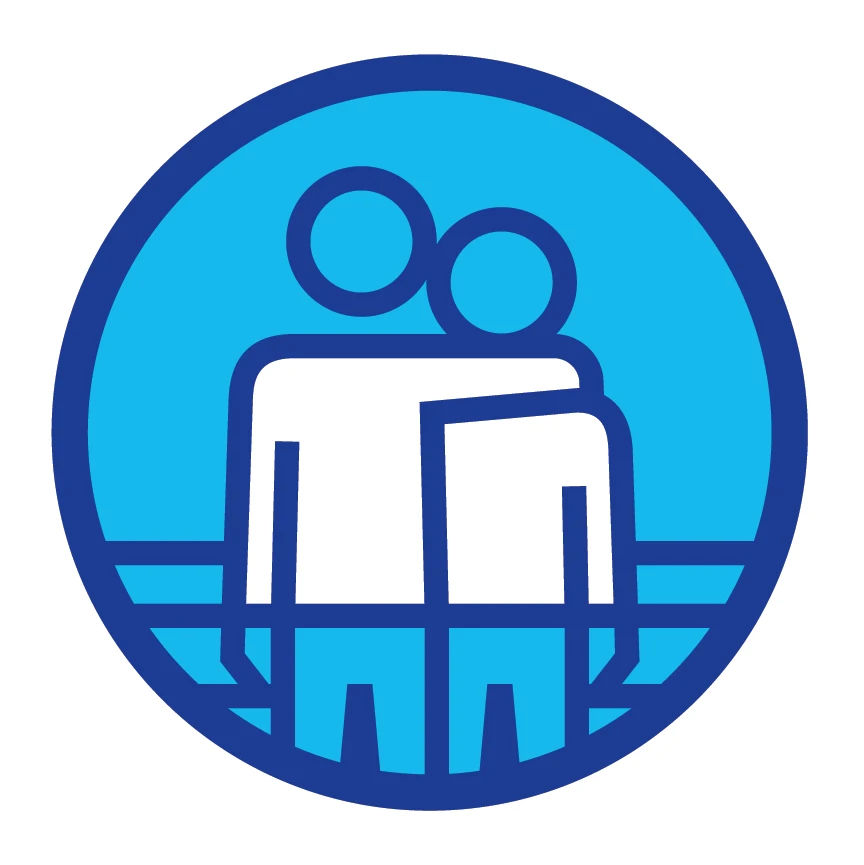Comfort for the dying
Science, compassion combine to increase end-of-life options
By Dr. Ann M. Moore
You don’t have to look far to see or hear about the state of health care today. Options for testing, procedures and medications are growing exponentially, leading to increasing costs for delivering these services. News stories and advertisements tell us about many new drugs and procedures to replace or support dying organs and prolong life despite diseases such as cancer, HIV, and heart and lung diseases, often leaving an impression that there will always be “one more thing” that can be offered for someone with an advanced disease.
For the past two years, I have had the privilege of working exclusively with people who are facing potentially life-ending conditions from a variety of illnesses. No matter what the illness is, these patients and their caregivers find that options for care are daunting, the medical system complex and difficult to navigate, and the financial and personal costs sometimes crushing.
The personal cost of living with a severe illness is immeasurable. Patients and their families often make decisions about treatment options based on Google searches and TV commercials without clear understanding of their disease, the potential benefits or risks of their choices, and the effect on their quality of life. Caregivers become exhausted with new responsibilities in addition to attempts to juggle their own home lives and jobs.
In July 2016, the Henry J. Kaiser Family Foundation published a report on “Medicare Spending at the End of Life.” The foundation reported the cost of care for people who died in 2014 was almost four times the cost of care of those who did not die, and the majority of cost was related to hospitalization.
This report only refers to Medicare costs and does not include the actual financial effect on the patient who is still responsible for deductibles, co-pays and the cost of travel. It also does not address the cost to caregivers.
There are alternatives.
Palliative medicine is a newer medical specialty that trains physicians to work with patients and their caregivers to address all aspects of health in severe and life-threatening medical illness.
Patients continue to receive the usual care for their cancer, heart, lung or other advanced disease with the addition of palliative care to focus on relief of distressing physical and emotional symptoms while addressing the social and spiritual health of the patient and caregivers. Several recently published studies report improvement in factors such as quality of life, vitality and less depression in cancer patients and caregivers.
Palliative medicine providers can assist patients and families in completion of advance directives and discussion about goals of care and acceptable quality of life so caregivers can make decisions when a person is no longer able to speak for themselves. This knowledge helps reduce caregiver stress. More information and free advance directive forms that do not require an attorney can be found at CaringInfo.org.
One option for care in advanced disease is hospice care. This supportive program is available to people with a prognosis of less than six months who no longer wish to seek potentially curative treatment. Hospice care is covered by most insurance companies at little to no cost and provides skilled caregivers, equipment and medications related to the hospice diagnosis without additional cost. Nationwide, admission to hospice care is delayed for various reasons. Earlier admission allows patients to get to know their team and receive education and support to address disease progression proactively while focusing on providing comfort.
We would do well by one another to remember this wisdom from the modern version of the Hippocratic Oath that was updated in the 1940s. There are times when it may be more beneficial to avoid “those twin traps of overtreatment and therapeutic nihilism” while remembering “that there is art to medicine as well as science, and that warmth, sympathy, and understanding may outweigh the surgeon’s knife or the chemist’s drug.”
Dr. Ann M. Moore is chief medical officer for Visiting Nurse & Hospice Home in Fort Wayne.


